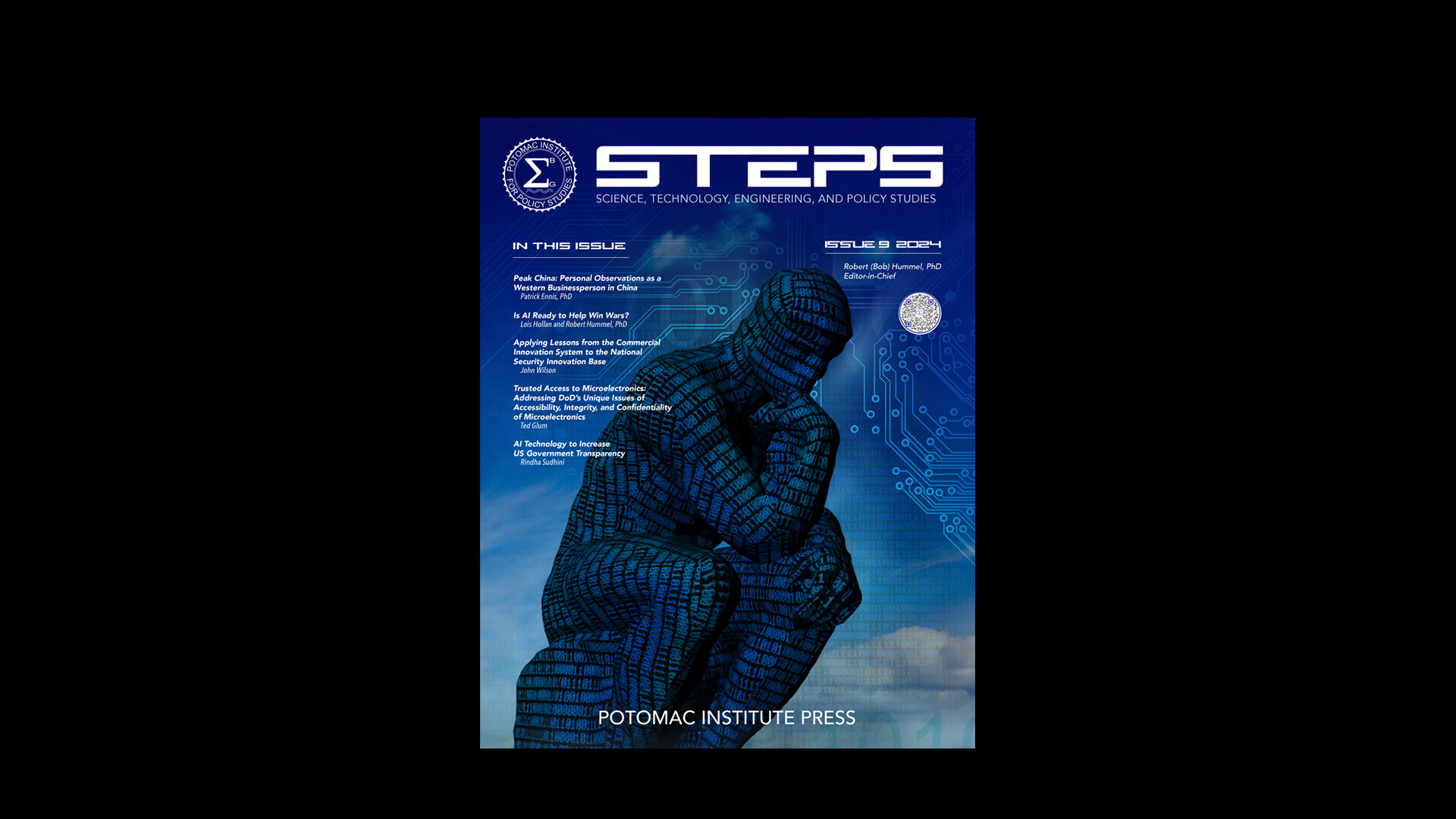Neurotechnology: Present and Future
Advances in technology have enabled rapid progress in neuroscience. New technologies have allowed investigation and elucidation of mechanisms and functions of the brain that have broad impact. Neuroimaging, neurostimulatory and neuroprosthetic devices, as well as development of unique pharmacological agents and approaches have shown considerable promise in treating brain disease(s) and injury. These emerging technologies have equally strong potential to deepen our understanding of the mechanisms of consciousness, cognition, emotions and behaviors may influence current and future concepts of mind, and may expand capabilities of human-machine interactions, and the boundaries of human performance. Thus, neurotechnology has the potential to transform nearly every aspect of society. This necessitates unifying scientific efforts toward inter-disciplinary discourse that aims to 1) shape ethical conduct in research practice and social policy, 2) support infrastructure and resources needed to advance responsible development of neurotechnology, and 3) ensure and direct the applications of these developments toward the public good.
The Role of the Center for Neurotechnology Studies
The CNS seeks to play a leading role in developing and sustaining such discourse. This requires keen awareness of frontier areas of neuroscience and technology, and identification of public values and goods. Through intra- and extramural collaboration, the CNS strives to be a national and international resource for information, analysis, guidelines and policy planning. In these ways, the CNS contributes expertise to the international forum on the moral, legal and socio-political issues that arise in, and from studies and applications of neuroscience and technology. This direction reflects and responds to the growth and trajectory of international interest in geno- neuro- and nano-ethics that has been spawned by achievements of the Human Genome Project, the Congressionally-declared Decade of the Brain (1990-2000), and Decade of Pain Control and Research (2000-2010), and which are focal to potential future programs, including the Decade of the Mind, and National Neurotechnology Initiative.

















